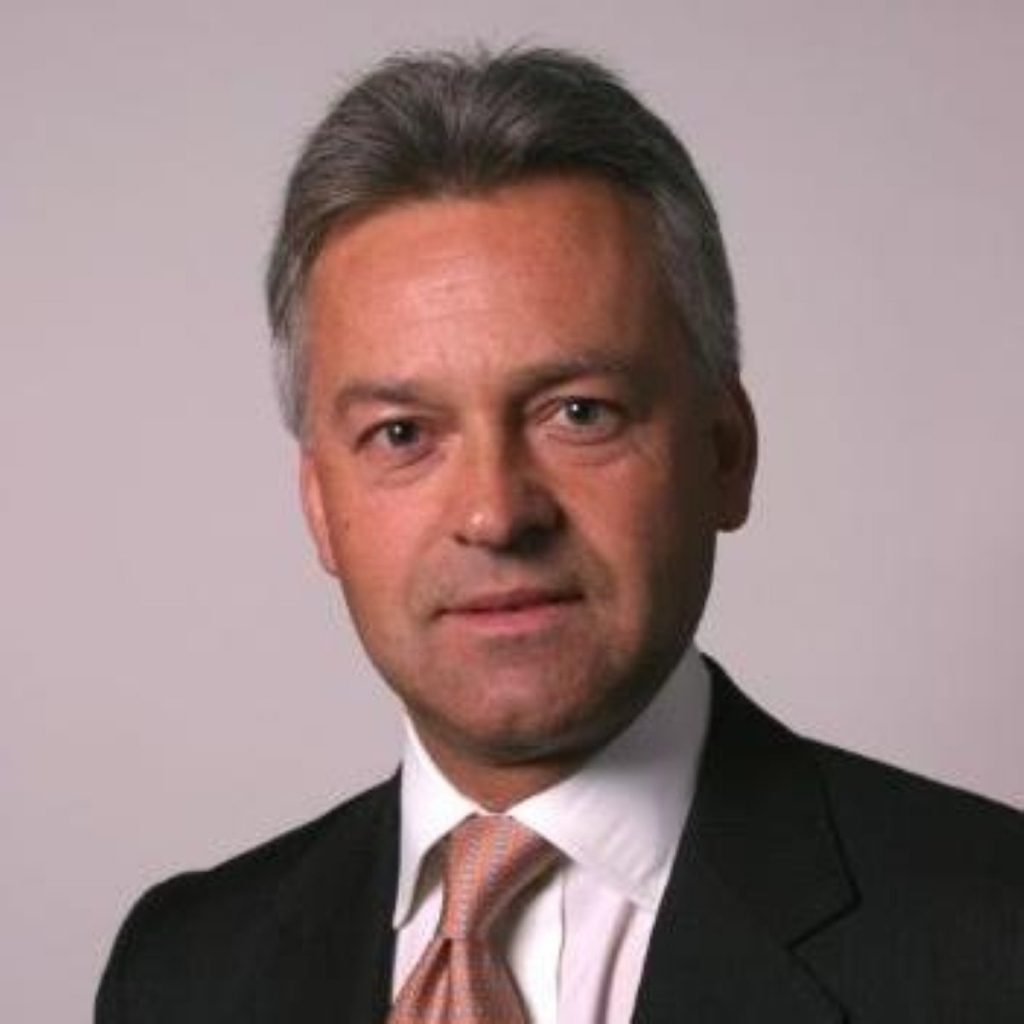Duncan says action on AIDS is top priority
Alan Duncan, the Shadow Secretary for International Development, has said the fight against AIDS would be the “top priority” in a Conservative government’s international development policy.
He said poverty in developing countries could only be tackled if AIDS were dealt with first, and added: “AIDS is the top international development priority for the world today, and it will be our top priority too.”
Addressing the Conservative Party conference in Bournemouth today, Mr Duncan told delegates a Conservative government would ring-fence part of the Global Health Fund to try to find a permanent cure for AIDS.
He said: “You’ve got to prevent it – by education, and by making people use condoms. You’ve got to treat it – which means extending the availability of anti-retroviral drugs to the poor of the world. And you’ve got to hope you can cure it – which means you have to invest in the necessary research to find a vaccine.”


Mr Duncan also called for an international disaster relief force to ensure emergency aid was delivered quickly and effectively.
He said that even though disasters and poverty were inextricably linked, there was little structured organisation to provide disaster relief, and governments in the developed needed to co-operate better.
To that end, he recommended that the United Nations’ current arrangements be superseded by a permanently available force “ready to go anywhere in the world at the flick of a switch, whenever disaster strikes”.
On other development issues, Mr Duncan supported much of what Labour was doing, but criticised Prime Minister Tony Blair for not doing enough to help Africa and failing to deal with Zimbabwean President Robert Mugabe.
The two keys to reducing poverty were good governance and open markets, he said. If developing country governments could not be trusted, a Conservative government would work through charities and other “building blocks” of civil society, who, he said, had “such a fantastic record of delivering aid straight to those who need it most”.
He said the developed world had to open up its markets if people in developing countries were to create their own wealth. Although countries such as India and China had welcomed the free market and opened up to global trade, leading to “unprecedented” reductions in poverty, other countries could not imitate that success while the developed world “shackled” free trade with tariff barriers and export subsidies.
“Open, free markets are the solution to poverty. Protectionism is the enemy,” he said.
That meant reform of the Common Agricultural Policy – “one of the most protectionist systems” – was essential.
“It is utterly unacceptable that a system designed for the world’s richest should end up penalising the world’s poorest. We will not stand for that,” he said.
A Conservative government would also contribute to an advocacy fund that would give developing countries the expertise they needed to put their case at global trade talks.











